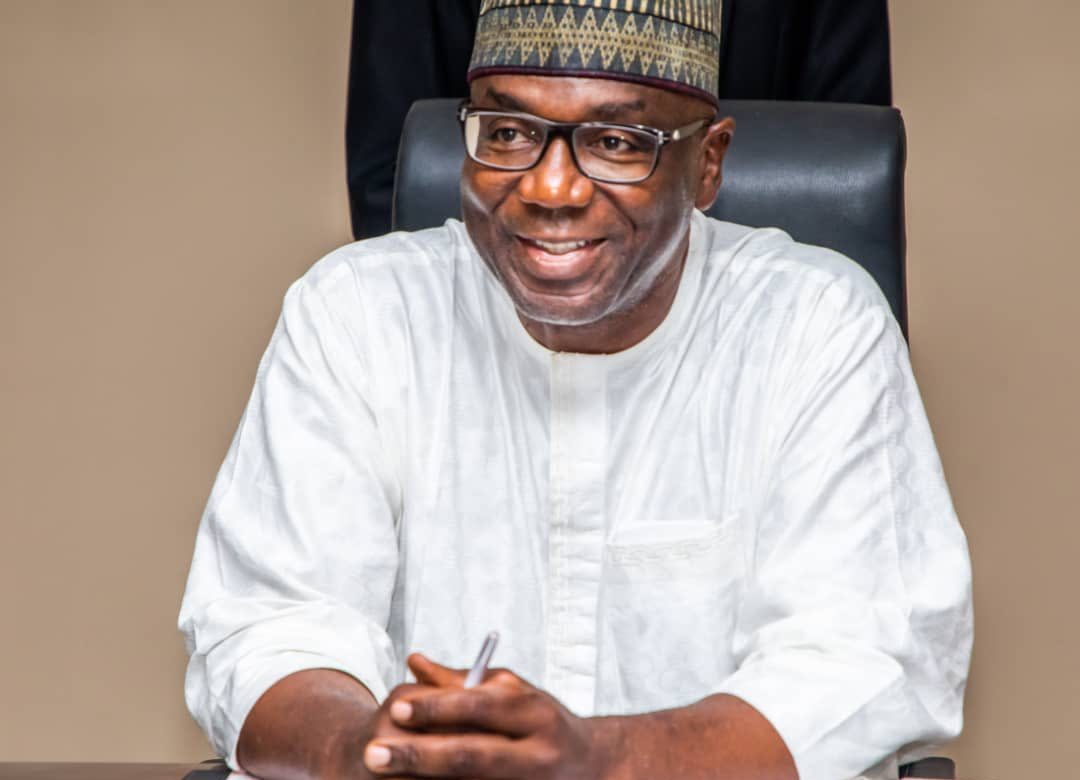
New better technologies needed in Africa
- Agriculture
- No Comment
- 255
Gaborone — The agricultural sector needs to adopt and adapt to new technologies to overcome challenges such as climate change, panelists attending the US-Africa business summit said yesterday.
Ms Basadi Molelekeng of Bicolor Holdings and a member of Pandamatenga Farmers Association said despite women and youth having the largest numbers in agriculture in Africa, their input was less compared to that of men. In that regard, Ms Molelekeng said women needed to be capacitated.
“Such can be through the provision of tailor-made financial assistance. They also need assistance in mindset change to motivate them and give them confidence and belief that they are equally capable. Their mentality to self-belief is still lacking,” she said.
Ms Molelekeng also said it was a concern that despite Africa holding 65 per cent of global arable land, the continent was still spending about U$35 billion in food imports annually.
“Human and natural resources are in abundance in Africa, and all we need is financing to be able to use technology. Global statistics indicate that there are about 58 million malnourished children, and agriculture is the solution should it get the right financial and adoption of technology,” she said.
For his part, Zimbabwe President Mr Emerson Mnangagwa said his country had managed to turn its fortunes around as it had already achieved household sufficiency of food production.
“At the moment we have already reached a surplus at household level in both summer and winter crops, and our target is to now improve general food security at national level,” he said.
For his part, Mozambique President Mr Filipe Nyusi said that factors such as floods and terrorism had put paid to his country’s realization of its agricultural potential despite having swathes of fertile land.
Mr Albert Momo who is the vice president of Trimble, a company specialising in new tools and processes for agriculture, urged African nations to adopt precision agriculture models to maximise outputs with minimal input.
He cited Kenya where he said that his company had frost prediction mechanism, which helped them to act in advance to reduce damage to crops.
By Olekantse Sennamose
https://allafrica.com/stories/202307130203.html




